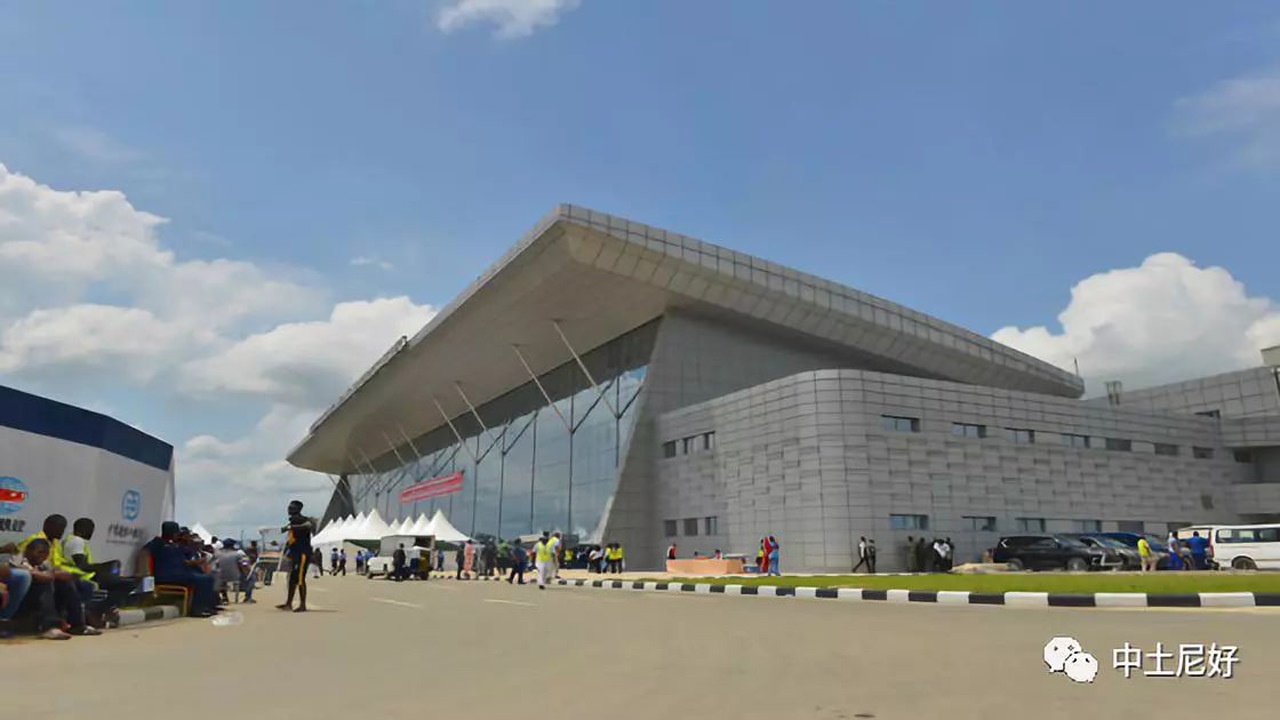
The Nnamdi Azikiwe International Airport, Abuja and the Port Harcourt International Airport, Omagwa, Rivers State, have been recognised by the Airport Council International (ACI Africa) for their exceptional dedication to Airport Emergency Management and Resilience.
The airport emergency planning is the process of preparing an airport to cope with an emergency occurring at the airport or in its vicinity. The objective of an airport emergency plan is to minimize the effects of an emergency, particularly in respect of saving lives and the airport emergency planning sets forth the procedures for coordinating the response of different airport agencies (or services) and those agencies surrounding community that could be of assistance in responding to the emergency.
The two airports were given the awards with plaques during a Gala Night at the 33rd Annual General Assembly of ACI Africa in Johannesburg, South Africa.
The awards were presented by the ACI Africa Secretary-General, Ali Tounsi, and President, ACI Africa, Emmanuel Chaves.
“These prestigious awards are a testament to the unwavering commitment and hard work of everyone involved in ensuring excellence in airport emergency management and resilience, especially the Honourable Minister of Aviation and Aerospace Development, Mr. Festus Keyamo. Nigeria’s aviation sector can take pride in this achievement, which underscores the dedication to providing secure and efficient travel experiences,” said a statement signed by SA Media and Communication to the Minister, Tunde Moshood.
Nigeria aviation seemed to be stepping out of the dark days of the recent past, as the international community seemed poised to rekindle a better relationship with Nigeria.
Recently, world global organisation, Aviation Working Group (AWG), scored Nigeria high and commended the Minister, for the decision of the federal government to fully comply with the Cape Town Convention by signing the Practice Direction on dry-leasing of aircraft.
AWG comprises major aviation manufacturers, leasing companies and financial institutions that contribute to the development of policies, laws and regulations that facilitate advanced international aviation financing and leasing.
It has been several years since Nigerian airports won awards from regulatory agencies and this recognition may be an indication of new progress being made in the development of airport infrastructure in Nigeria.





